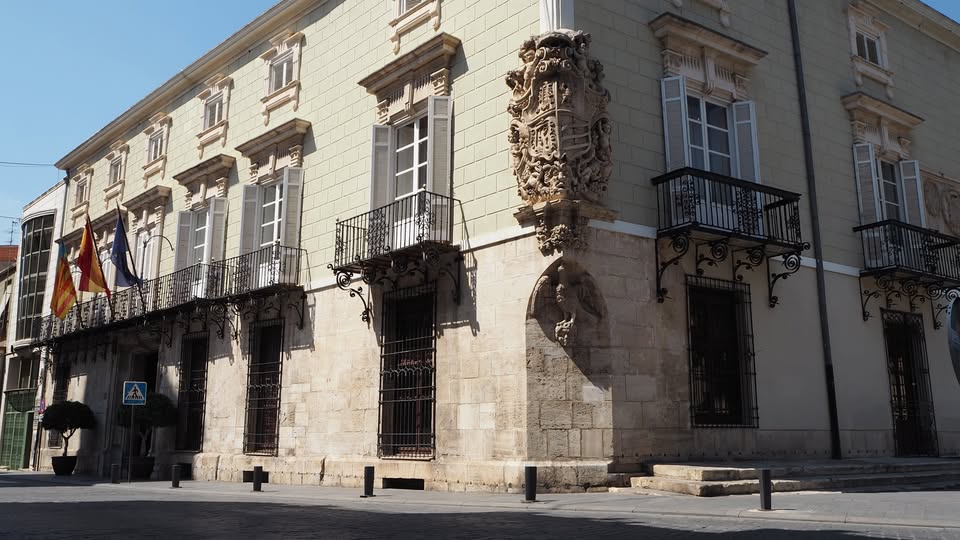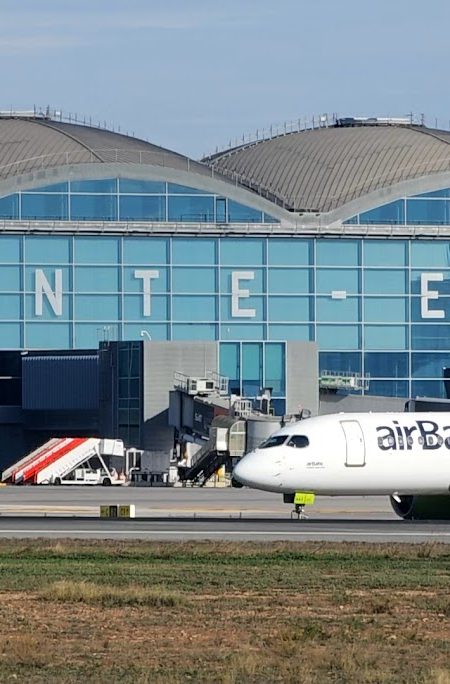The People’s Party (PP) has recently given its coalition partner in Orihuela additional power to the councillor for the Coast, Manuel Mestre (Vox). The party leader has asked Mayor Pepe Vegara many times for more management authority. Specifically, he can now give out small contracts without going via the Procurement Department. This “privilege” was only given to the PP councillors for Infrastructure, Víctor Valverde, and Urban Planning, Matías Ruiz.
These contracts are for supplies that cost less than €15,000 or construction work that costs less than €40,000. The goal is to free up the Procurement Department’s resources, which is led by Mónica Pastor (PP), so that they can better handle big contracts.
It is not surprising that the different public administrations must strictly follow the rules set out in the Public Sector Contracts Law (LCSP). This means that they must follow the rules that have been set up, which can sometimes mean long administrative processes to make sure that the guarantees for upholding the principles of freedom of access to tenders, publicity and transparency of procedures, and non-discrimination and equal treatment among bidders are kept.
The Unidos por la Costa association has been keeping an eye on the Public Sector Procurement portal. This has let them look at what the City Council has done over the past year. “The results are clear, objective, and traceable,” says Tomás Moreno, the group’s president.
The Procurement Department has been in charge of 138 contracts worth slightly over €31 million in the past year. About 30 of these (22%) were small contracts that the issuing council departments could have handled on their own.
There are tenders that use the harmonised procedure, which means they have to follow stricter rules based on European Union directives to make sure there is transparency and competition. This makes the administrative deadlines for awarding the contract much longer. These are bids for service concessions and works contracts worth at least €5.5 million and supply and service contracts worth at least €221,000.
These initiatives make up roughly €12 million, or 38% of the total, and it takes an average of five months to get them. There are also some weeks between the award date and the implementation, during which the rules’ administrative procedures are followed.
There are a total of 16 tenders (11.7 million euros) in this category. Of them, six (4.4 million), or 38%, have been awarded, while ten (7.2 million), or 63%, are still open.
On the other hand, there is almost 20 million euros at stake in tenders through the open, ordinary, or streamlined procedures. The last one is speedier and has less red tape. It takes an average of 2.5 months to be awarded.
There are 122 tenders in this area, worth 19.3 million euros. Of them, 71 (15.7 million euros) have been awarded, or 58%, while 51 (3.6 million euros) are still waiting, or 42%.
The association says that all of this means that the 2024 budget, “the most important in Orihuela’s history,” has a poor execution rate. In Orihuela Costa, it’s “around a ridiculous 10%,” with less than two years left in this period. The residents’ group said, “this is irrefutable evidence that improvement measures must be implemented immediately to expedite the process.”
They say that these steps should help management become more modern by giving it the tools it needs, employing new technology, changing how things are done, automating and simplifying tasks, and even deploying AI.
They end by saying, “Orihuela is a big city, but not a great one. To become one, it needs to implement all of the approved budget investments as soon as possible, making the necessary resources available.”
In figures
The analysis shows that it took 312 days from the start of the process to the awarding of the cleaning of the Segura riverbed (€47,760), 308 days for the authorisation of the operation of electric scooters (€34,367), 216 days for the maintenance and review of fire extinguishing equipment (€173,853), 209 days for the side-loading containers (€661,157), 205 days for the acquisition of road signs (€363,467), 167 days for the repair of the railings of the Playa Flamenca seafront promenade (€161,165), or 156 days for the paving of roads (€1.9 million for the coast).
On the other end of the spectrum are events that take less time. For instance, it took 16 days to plan the Survival World Zombies event (€16,000), 21 days to plan the Pride Day celebration (€13,558), 25 days to plan the Santa Claus parades (€27,304), 26 days to sponsor the Tour of the Valencian Community cycling race (€115,000 for three years), and just one month and one week to buy the old CAM building, which cost €2 million.
Unidos por la Costa also asked for increased powers for the Coast or independence. They asked for a budget increase and the people, technical, and material resources needed to properly maintain the Coast’s unique identity.
In this way, they made a sort of organisational chart in which Mestre would be in charge of a technical office for Urban Planning (activity licenses, opening, minor and major works licenses, control of legality), another for Infrastructure (maintenance of roads, green areas, lighting, ravines and channels, beaches, new infrastructures), Street Cleaning and RSU (to plan the services, Contracting (design and formalisation of the specific contracts) and other services such as Citizen Attention, Tourism, Culture, Consumer Affairs, and Environment.
But it was last year. Now they say, “The beaches are worse than ever, the railings are in terrible shape, the green areas are dying, and the play areas for kids are still completely ignored.” They come to the conclusion that this man [Mestre] doesn’t even deserve the duties he has.
The whole opposition—PSOE, Ciudadanos, and Cambiemos—also asked for an extraordinary plenary session in September 2024 to deal with unfinished business and punish the councillor, who had made homophobic comments last June.









No Comment! Be the first one.